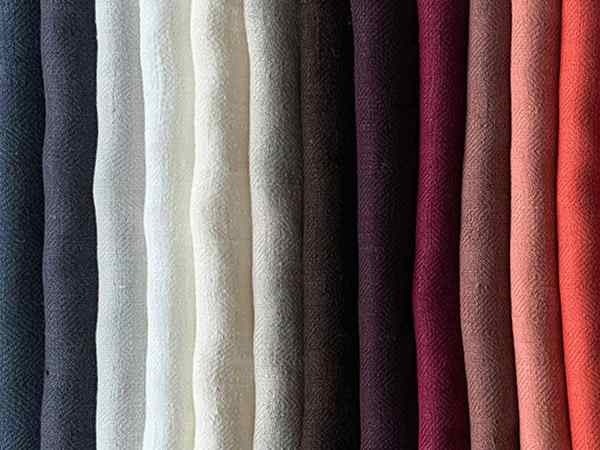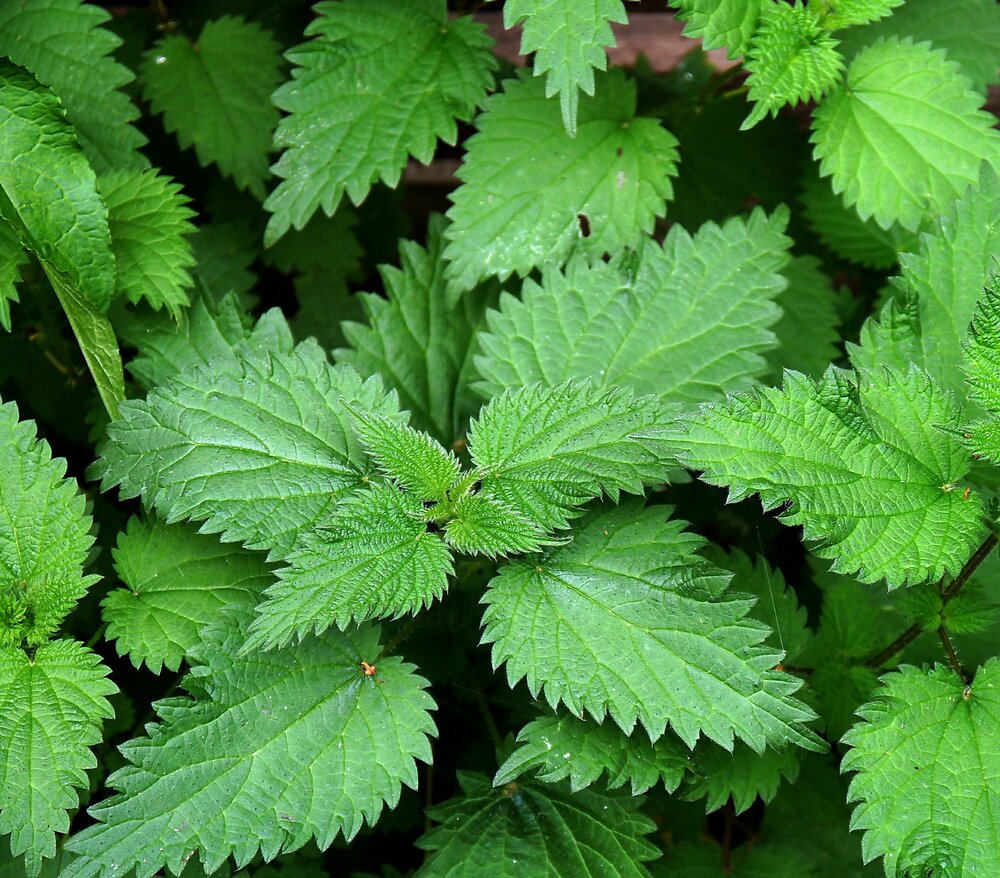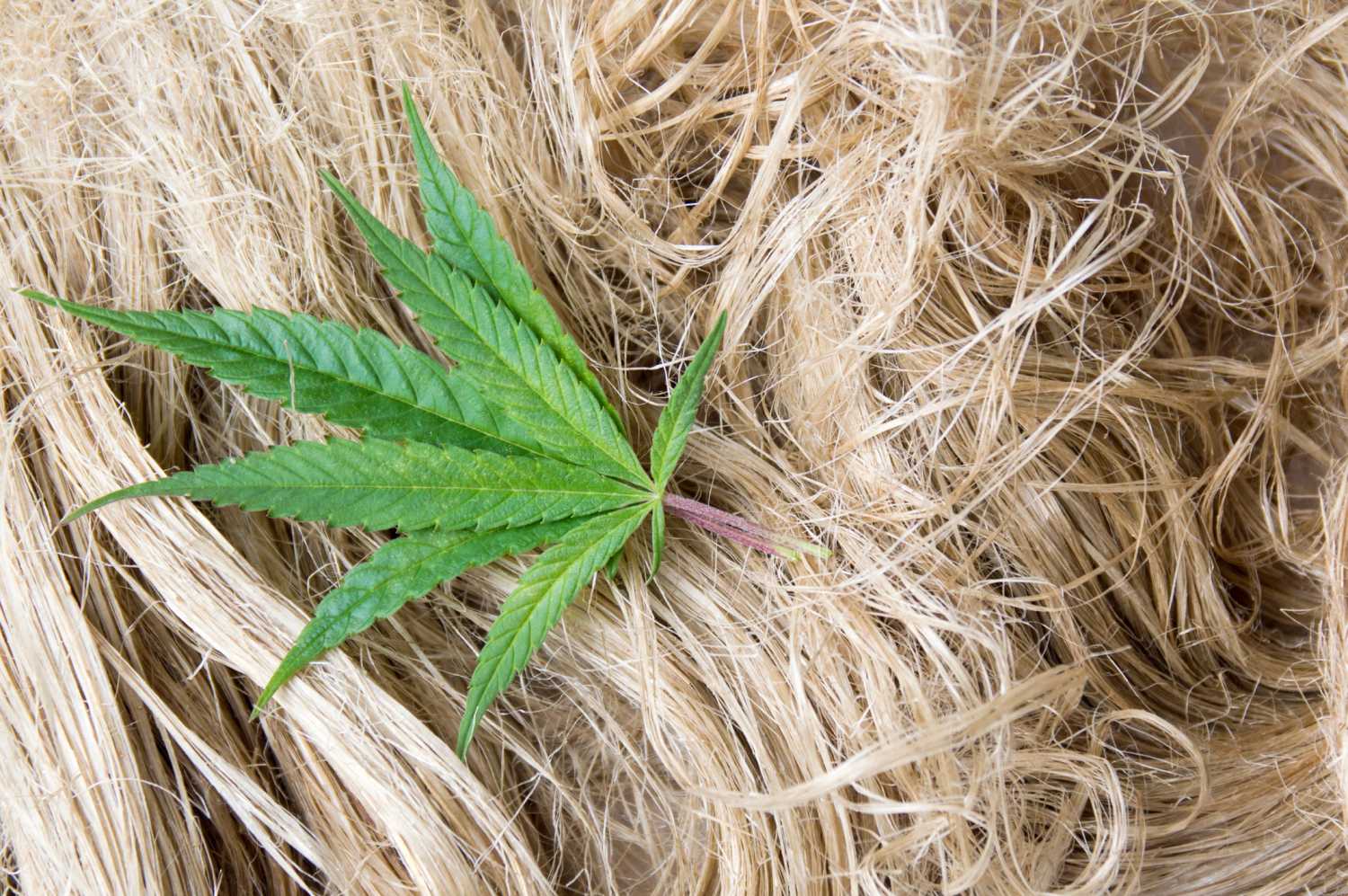A guide to Sustainable textile: Cellulose fiber- Hemp, Linen& Ramie,
Recently, there are more and more inquiries about cellulose fiber coming to ApparelX. Since the biodegradable fabrics like hemp, linen and ramie all have the same Japanese name of Asa (麻), it might be confusing for some people. This time, let’s talk about the difference of those eco friendly fabrics, shall we?
“Cellulose fiber” is a plant fiber obtained from the bast of the stem of a plant, and its main component is cellulose. The main characteristics of natural fiber are high hygroscopicity, excellent heat dissipation, and it feels cool when it touches the skin, so it is a fiber that is often used in spring and summer clothing.
Three popular cellulose fibers are:
- Linen: made from flax plant
- Ramie: made from a type of nettle plant
- Hemp: made from cannabis.
Linen

Pros:
- Natural fibers
- No pesticides or chemicals required
- Biodegradable
- Lightweight
- Breathable & Heat retention
- Durable and long-lasting
- Easy to remove even if it gets dirty
Cons:
- Wrinkles easily
- May need to hand wash
Linen is a textile made from the fibers of the flax plant. It is cultivated in Europe such as France and Belgium, and in relatively cool regions of China.
Linen made of solid fibers is strong and durable.When linen gets wet, it becomes stronger, resistant to repeated washing, and is durable and long-lasting.
It is said that linen themselves have natural antibacterial properties because the pectin contained in the linen fibers has the property of making it difficult for dirt to penetrate. It is hygienic and is widely used in fashion items, kitchen cloths, interior fabrics, etc. because it is easy to remove even if it gets dirty and it is difficult for fiber fluff to adhere.
Linen has a unique smoothness and elegant luster, does not tingle when touched, and is characterized by a soft touch. Since the linen fibers contain air in the hollow, the air warmed by the body temperature wraps the body warmly in the cold winter, and in the humid season, it can release moisture well and feel smooth to the touch. It keeps a good balance of breathability and heat retention, and can be used comfortably all year round.
Ramie

Pros:
- The strong fiber
- Refreshing feeling
- Natural fibers
- Biodegradable
- Durable and long-lasting
Cons:
- May irritate sensitive skin.
Ramie is made of natural fibers and is a kind of the Nettle family. Ramie is also called China grass, grass linen, grass cloth or China linen. It is cultivated in warm and humid climates such as China, Brazil and the Philippines.
Ramie fiber is thick and long, and has the highest strength among natural fibers. It has the most crispness among natural fibers, and even if it sweats, it does not adhere to the skin and is not sticky.Because it quickly absorbs and releases sweat, it takes away the heat of vaporization and has a cool feeling.
Because the fibers are strong, the weaving yarn does not slip easily and the woven fabric has excellent breathability.Can withstand strong washing and can easily remove dirt and maintain cleanliness.Also, when it gets wet with water, the fiber strength improves, so it is suitable for the summer when there are many washings.
Hemp

Pros:
- Natural fiber
- No chemical processing required
- Requires less water than cotton (medium amount)
- Requires little to no pesticides
- Biodegradable
- Machine washable
Cons:
- Low quantity.
Hemp – cannabis is produced in Central Asia, China, Russia, Romania and other regions.
Hemp has a crispy texture than ramie or linen and is cool to the touch.Thread strength is weaker than ramie, but it has 8 times the tensile strength of cotton and 4 times the durability of cotton.
Hemp absorbs moisture and sweat and has excellent breathability.
Since hemp is a thick and short fiber with a lot of variation, it is difficult to spin it into a thread. Hemp is a coarse and hard material, thread neps and slabs are likely to occur.
We hope this helps clear out your confusion and give you little suggestion for your eco-friendly garments collection. What is your favorite sustainable fabric that you discovered recently? For more sustainable fabrics, please visit our Sustainable Products Page.

